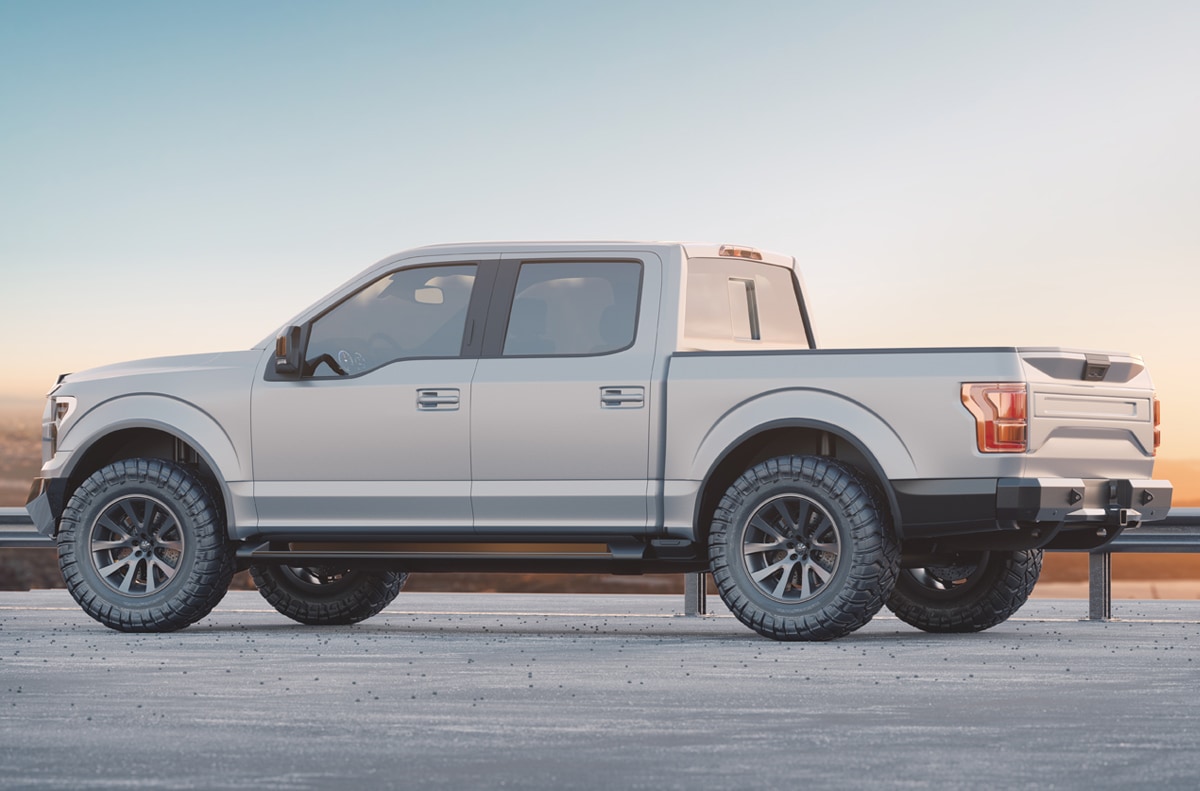- User registration is required to download the materials.
The usage registration form is Click here - Please enter the following items. Go to the download page.
-
For the next-generation model, we want to eradicate complaints about the truck bed !
Consumers worry about corrosion, dents and punctures, and need to add costly, heavy bedliners to protect their truck beds. There must be an optimum material that satisfies both weight reduction and elimination of the complaints of vehicle users ?
Auto manufacturer Z / Body Design -

Background
Company Z has started designing the next generation of their pick-up truck that has been enjoying robust sales. However, this time, they had to rise to the challenge of achieving unprecedented weight reduction in response to increasing awareness concerning the environment. Furthermore, while the current body design has been well received, consumers have complained about the steel truck bed with regard to cracks occurring during loading, and then subsequently rusting.
Issues
The weight reduction approach alone does not appear to resolve the problem, and it also increases the cost …
The Body Design Department has thoroughly considered ways to reduce the weight. Aluminum was one of the candidates considered. However, it has similar problems with steel regarding dents and cracks.Looking back, Mr.U from the Body Design Department said, “A component with a complicated shape like a truck bed is hard to stamp and needs to be separated into several parts. As the number of parts increases, the number of stamping processes rises, which requires a larger number of tools, clearly making it difficult to recover the investment. Looking for an alternative to metal, we found composites to be a possible candidate.”
Mr.U immediately started collecting information by researching the trends of other companies and options for each vehicle type. He learned that there were a growing number of cases in which composites were being used for truck beds, which gave him a high degree of confidence that his candidate selection process was correct. Compositescan reduce weight, but still suffer from the image of being inferior to metals in their mechanical properties. In addition, since we have no know-how on designing and mass-producing resin materials, their introduction seemed challenging.
We consulted several suppliers and asked about these issues. Many of them proposed GF-SMC*, made by impregnating a thermoset resin matrix with glass fiber. However, most of them only supply the material and do not possess the know-how to mold it into a truck bed. Among the suppliers consulted, one proposed a solution that was different from the others.
*GF-SMC: An abbreviation for Glass Fiber-Sheet Molding Compound. Plastic in sheet form produced by impregnating a thermoset resin matrix with glass fiber.
- Points on the Issues
-
- An alternative to metal was required, with consideration given to reducing the weight.
- Composites are expected to reduce the weight but there is uncertainty about their physical properties.
- Since we have no know-how on designing and mass-producing with composites, their introduction is challenging.


